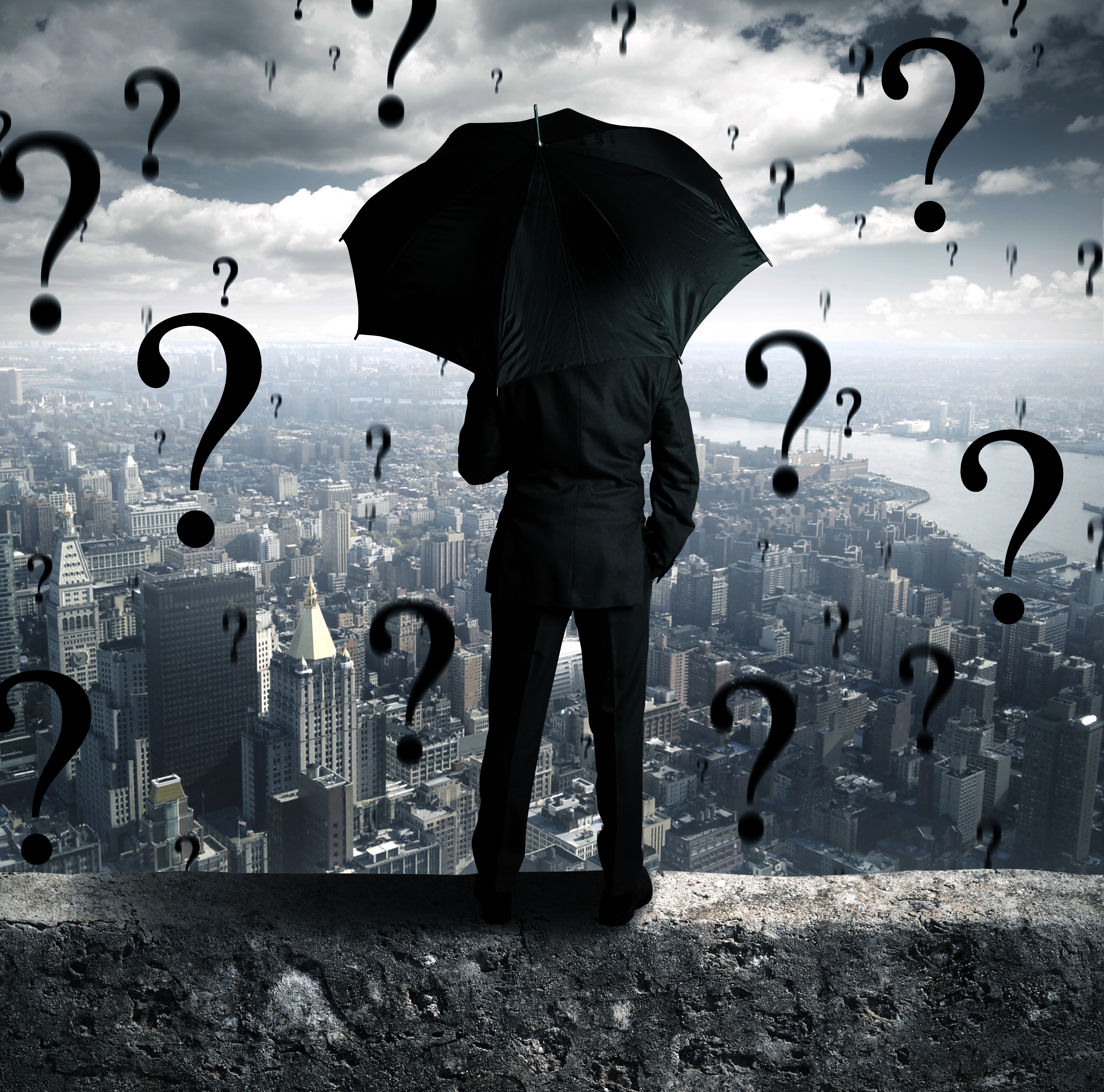How did you decide to pursue a writing career?
It’s just always been something that I’ve done for as long as I can remember. I feel as though I’m not wasting time when I’m writing.
Was getting published hard?
Being self-published, it wasn’t hard at all: this is both the glory and the horror of the digital revolution.
Are your characters based on people you know?
They are composites, usually. Indicators of personality traits are of great interest to me: the peculiar and idiosyncratic things. I keep an eye out for these at all times.
What genre are your books?
A Smaller Hell is black comedy/crime, as is Grey Noise.
The Horseman’s Dream is a psychological/spiritual dystopia designed to be integrated with a six minute VR experience.
Knights of Snowdonia is a fantasy spy/adventure for young adults and upwards.
Diary of a Caveman is a metaphysical nuclear survival horror. As well as the Interactive Fiction, I also have a 100-minute feature screenplay written and drafted.
Which of your books is your favourite?
Whichever I’m working on at the time.
Do you have a specific writing routine?
4 a.m. start and write at least 1000 words a day. I like writing when most people are asleep. I have a music playlist that includes Mozart, Ennio Morricone, Craig Armstrong, Satie, Patrick Cassidy, Howard Shore, Vangelis and Tibetan bowls.
What are your current projects?
The Horseman’s Dream, Grey Noise, Knights of Snowdonia and Diary of a Caveman are all complete after six months of beatings from beta readers. Current projects include a book of poetry, a collection of short stories, a non-fiction book about social media, a historical crime/drama TV pilot and a Man vs Nature radio play with a twist.
What’s next for you?
I’m learning all the time. A small theatre company had A Smaller Hell shortlisted for a production, but that never transpired. For a while there, it was a real thrill to imagine seeing it brought to life by a dramatic crew, so that’s something I am still hoping will happen one day.
Why do you feel you had to write “A Smaller Hell“?
We’ve all seen how power corrupts and perverts people since these horror stories have been emerging from Westminster and the closets of various celebrities. I was intrigued by the idea of creating a microcosm of this kind of psychopathic behaviour, and a grandiose department store in a crumbling shipbuilding town seemed like the perfect crucible, especially since I had experience of working in such a place when I came back from America. Dianne Doyle is an amalgamation of the narcissists and other anti-social personalities I have encountered in my life who hide behind a facade of status, money, looks and faux-charity. I met some strange people in the music industry, but retail was almost as bad, which was both funny and tragic to me.
From where do you get your ideas?
When you find out what other people think of the things that are a big deal to you, you not only find out more about the subject, but also about the massive spectrum of character that exists in the world. So just talking to people, I suppose. I’ve just come away from a boatyard tonight where I had conversations with a special forces veteran, a retired brain surgeon, a fisherman, a paratrooper and a crematorium manager.
Do you ever experience writer’s block, and how do you overcome it?
I never experience it, because something’s always either making me angry, or making me blissful.
What advice would you give to aspiring writers?
Study, practice and enjoy other art forms. You’ll be surprised how they inform and improve your writing.
Treat yourself to a robust notebook. Write big ideas in small handwriting. Draw illustrations.
If your book was made into a movie, who would play each role?
Dianne Doyle: Lena Headey
Graziano: Rory McCann
Rachel: Chloe Poesy
Liz: Cate Blanchett
Mr. Robinson: Gary Lewis
The Captain: Peter Mullan
